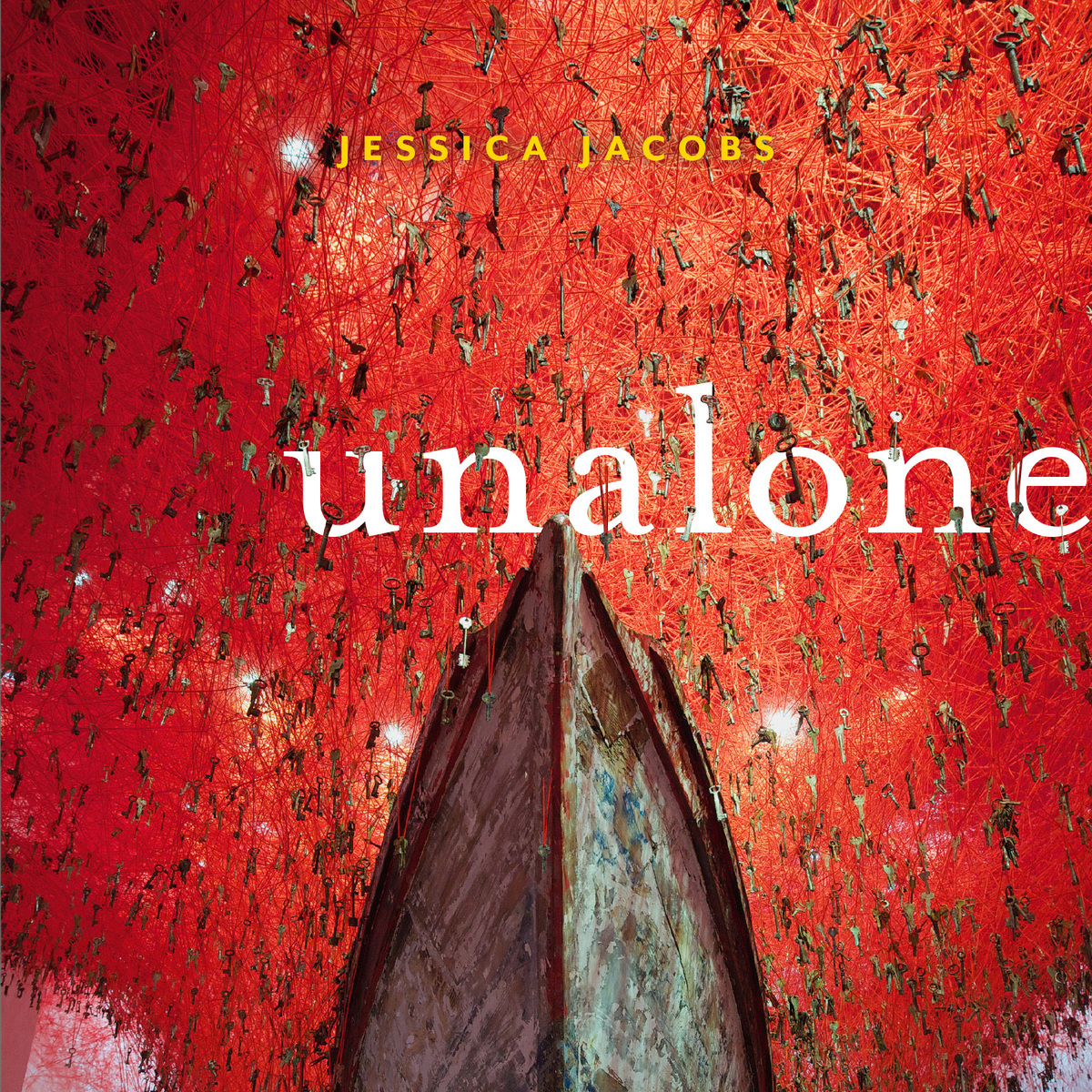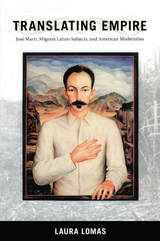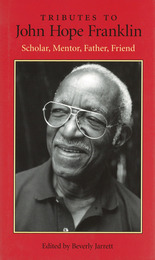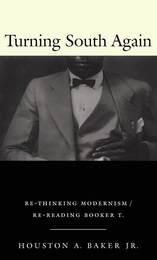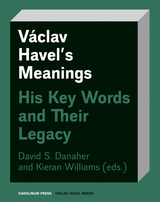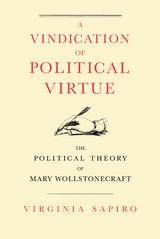unalone
Four Way Books, 2024
eISBN: 978-1-961897-47-2
See other books on: Jacobs, Jessica | Jewish | LGBTQ+ | unalone | Women Authors
See other titles from Four Way Books
eISBN: 978-1-961897-47-2
ABOUT THIS BOOK | AUTHOR BIOGRAPHY | REVIEWS
ABOUT THIS BOOK
“Make a fence, said the rabbis, around the Torah,” reads the first line of Jessica Jacobs' unalone. By the end of this opening poem, however, Jacobs has defined her engagement with religious texts as an act of devotion to living fully in the world’s complexity: “Here, love, is fruit with the sun still inside it. Let me // thumb the juice from your chin. Let us honor what we love / by taking it in.” Structured around the twelve parshiyot (portions) of Genesis, the trajectory of unalone parallels immersion in Jewish teachings with the contemporary world. Whether conversing with the sacred texts she reads or writing from her subjects' perspectives, Jacobs navigates an abundance of experiences: growing up queer, embracing one's sexuality, reversing roles as the adult child of aging parents, wrestling with religious history and the imposed roles of womanhood, exploring how the past foreshadows our current climate crisis, and revisiting the blush of new love while cataloging the profound, though more familiar, joys of a long relationship.
Deeply personal and yet universal in its truths, unalone draws on the Book of Genesis as a living document whose stories, wisdom, and ethical knots can engage us more fully with our own lives — whatever your religious tradition or spiritual beliefs. In this stunning and ambitious book, Jacobs reminds us that all poetry serves as a kind of prayer – a recognition of beauty, a spoken bid for connection, a yearning toward an understanding that might better guide us through our days. When you “dive / from the twin heights of your eyes,” “that tiny pool below” isn’t God. “Well, not exactly,” Jacobs comforts us. “It’s you. One breath deeper than you’ve / ever been, one breath closer to the heeded, heedful world.”
Deeply personal and yet universal in its truths, unalone draws on the Book of Genesis as a living document whose stories, wisdom, and ethical knots can engage us more fully with our own lives — whatever your religious tradition or spiritual beliefs. In this stunning and ambitious book, Jacobs reminds us that all poetry serves as a kind of prayer – a recognition of beauty, a spoken bid for connection, a yearning toward an understanding that might better guide us through our days. When you “dive / from the twin heights of your eyes,” “that tiny pool below” isn’t God. “Well, not exactly,” Jacobs comforts us. “It’s you. One breath deeper than you’ve / ever been, one breath closer to the heeded, heedful world.”
See other books on: Jacobs, Jessica | Jewish | LGBTQ+ | unalone | Women Authors
See other titles from Four Way Books
